Cast net fishing is one of the oldest types of fishing and is currently experiencing a resurgence of interest. Some of the new interest is the result of cheaper and easier net manufacturing techniques. While newfound interest is simply the result of people noticing how much fun cast net fishing can be. If you’re interested in giving this ancient sport a try, here’s a list of 10 things to keep in mind when purchasing a net.
1. Know the Size
Cast nets are normally sold for recreational use, with their size listed in radius. This means a net with a six-foot radius has a 12-foot diameter when fully spread out. It’s worth considering how big of a net you can manage in relation to your own size as well. Those who are taller or have longer arm spans are generally better at throwing bigger nets.
2. Know the Thickness
It can be tough to assess sometimes, just looking at ads, but different nets are woven from different sizes of line or braided line. If possible, figure out how heavy of material your net is made from before purchase. Heavier gauge stuff is for bigger fish. Light gauge stuff is for bait fish.
3. Know What You Want to Do
Some cast nets for sale are designed for throwing, others intend to be more or less dunked into the water using weights to sink them. Obviously, these different types of nets are for different types of fishing. Get the right one to avoid disappointment.
4. Know Your Prey
As mentioned, bigger, heavier nets are for bigger, heavier fish. You can buy some cast nets these days that will handily let you tug in a crocodile, but do you really need one? The lighter-built nets tend to be a lot less expensive. Buy what you require and save a lot in the long run.
5. Punch Your Weight

Image credits: Quang Nguyen vinh via Pixabay
Okay, so, all nets are light when they’re dry. After you toss them in the water, they get heavier from sopping up water. If the net ends up weighing more than you do, you probably can’t pull it in. A big net made of woven material and a small person is a bad combination. Buy accordingly.
6. Buy a Couple
Cast nets are pretty darn affordable. If you see a good deal on a brand you think will work well for you, grab two or three. Some nets only are inexpensive, and buying in bulk will save on shipping. There’s nothing wrong with having a spare or two around.
7. Consider the Packaging
The only difference between some net brands is the box they come in. Try to get the nicest possible vessel to store your net. You’ll be lugging the net around in it as long as you own it, so look the packaging over.
8. Don’t Over-Purchase
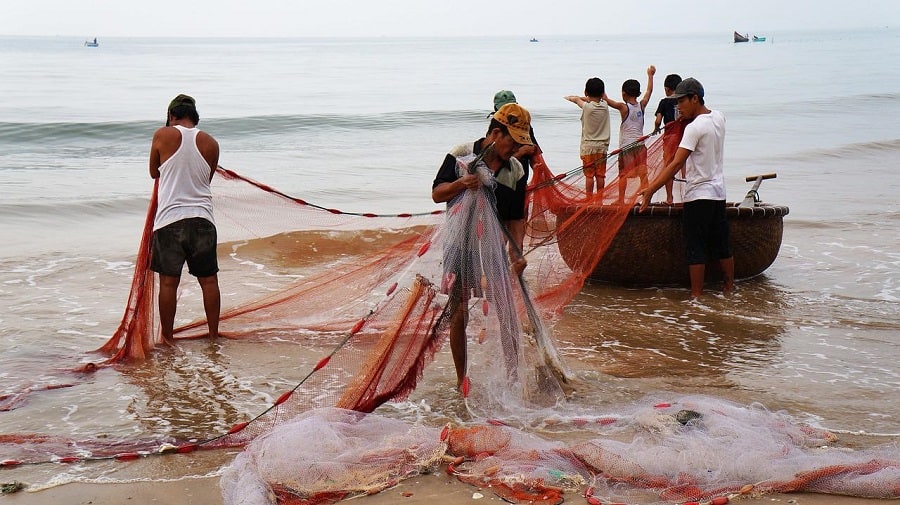
Image credits: 6437364 via Pixabay
It doesn’t really matter who has the biggest net. If your buddies are using gigantic ones, that doesn’t necessarily mean you need a behemoth net to keep pace. A smaller net, thrown with proper technique, will produce more fish than a big net tossed sloppily.
9 Try the Little Ones First
It’s best to start small with any new sport. Buy a couple of cheap little bait nets to get started and see if you have a real aptitude or interest in cast net fishing. Some people try it and love it. Some people never try it again. Save your money for the stuff you really like.
10. Avoid Flash
The net design hasn’t progressed a heck of a lot in the last 1000 years. You’ll find a pretty wide set of price ranges looking around for cast nets. It’s best to stick to the low end of the spectrum. They all snag and wear out at about the same rate, so there’s no need to over-invest.
A Final Thought
When you purchase your first cast net, you’ll want to make sure you’ve got all the jargon that goes along with it. You’ll want a good set of shears or a sharp knife to cut your new net when it inevitably gets snarled. More so, you’ll need a set of waders, mud boots, or ratty old jeans to wade into the lake to retrieve your net when it inevitably gets snagged. Furthermore, you will also want to take the time to make certain cast net fishing is legal wherever you intend to fish. Of course, you’ll be needing a fishing license as well. The Fish & Game Department doesn’t care if you use a net or a pole.

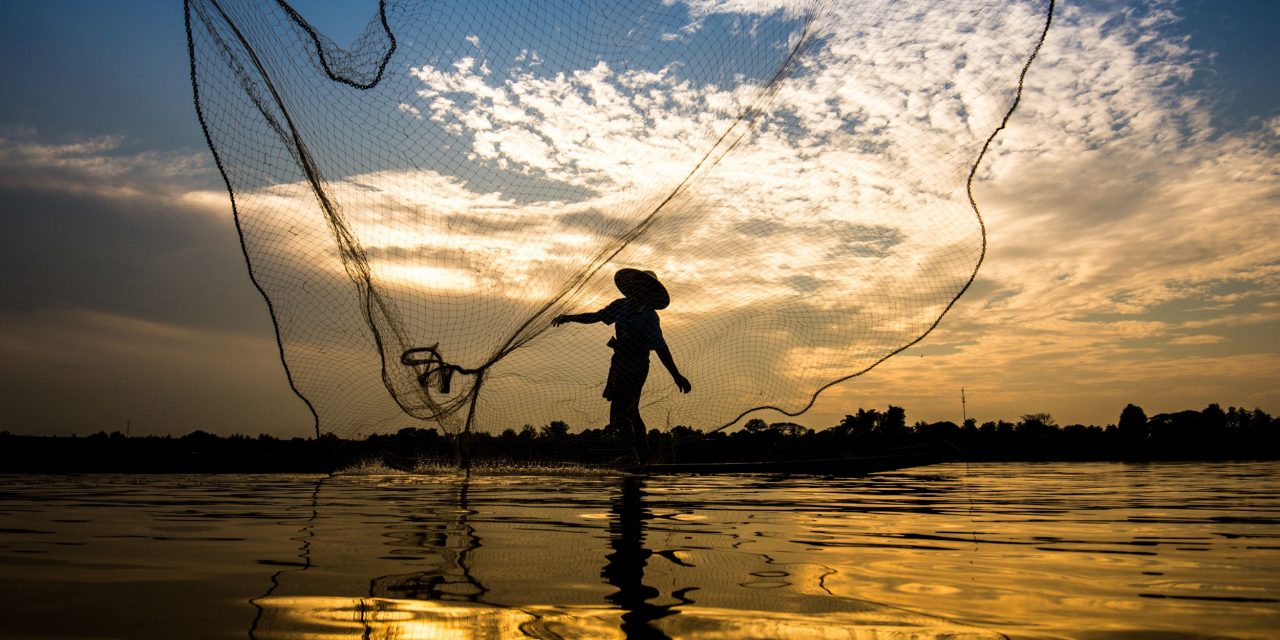
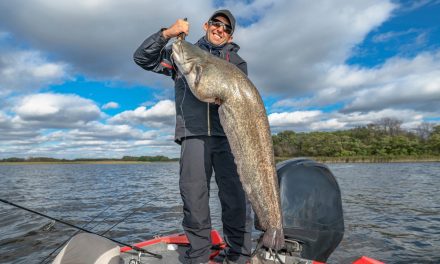
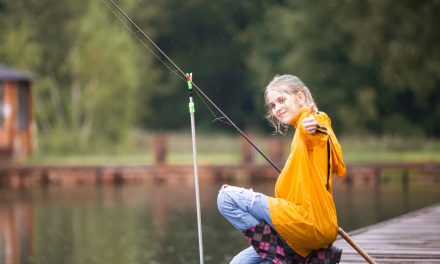
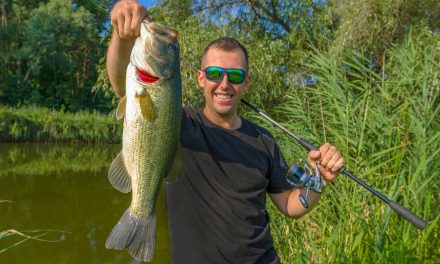
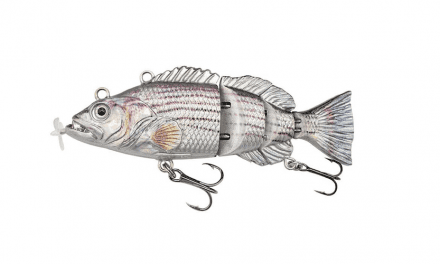
 E-Newsletter
E-Newsletter